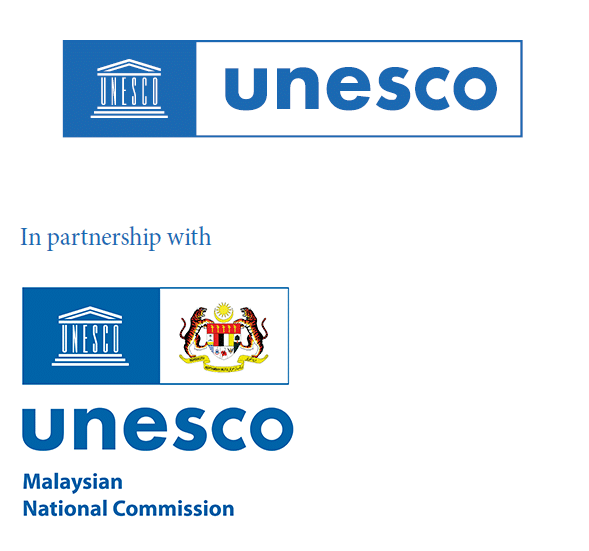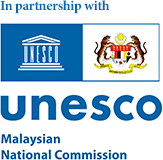This workshop is convened to share knowledge, experience as well as learning points among the five pilot heritage cities about the development of each site’s strategy, particularly between Melaka and George Town (Malaysia), Semarang Old Town (Indonesia), Levuka Port Town (Fiji), and the heritage city of the Island of Mozambique, and Apia Waterfront (Mozambique).
The sessions will be designed as a discussion forum for the Mozambican and Samoan representatives to share the challenges encountered during the work and learn from Malaysia, Indonesia and Fiji on their experiences overcoming the issues. All the pilot sites will also benefit from the expert on added approaches to deal with the issues and guidance to streamline the site’s DRR plan into a larger development agenda at the city and state level.
When: 20 – 21 June 2019
Where: George Town, Penang, Malaysia
Background:
Under the framework of the Malaysian Funds-in-Trust (MFIT), UNESCO Office Jakarta in cooperation with UNESCO Office for the Pacific State has been organizing two projects on the theme of Disaster Risk Reduction (DRR) and Heritage Cities since 2016. The projects aim to build the capacity of selected heritage cities in Southeast Asia, the Pacific and Africa in developing and/or strengthening the site’s disaster risk reduction plan by developing relevant strategies and mobilizing local stakeholders.
For the first phase, the project selected three pilot cities, namely:
- Melaka and George Town (Malaysia),
- Semarang Old Town (Indonesia), and
- Levuka Port Town (Fiji).
For the second phase of the project that began in 2018, two additional pilot cities were added, namely: 1) the heritage city of the Island of Mozambique, and 2) Apia Waterfront.
With two sites in process of developing their DRR Strategy, and three sites with more mature document, the present workshop is convened to share knowledge, experience as well as learning points among the five pilot heritage cities about the development of each site’s strategy, particularly between the three earlier sites with the two new ones.
The sessions will be designed as a discussion forum for the Mozambican and Samoan representatives to share the challenges encountered during the work and learn from Malaysia, Indonesia and Fiji on their experiences overcoming the issues. All the pilot sites will also benefit from the expert on added approaches to deal with the issues and guidance to streamline the site’s DRR plan into a larger development agenda at the city and state level.
Objectives of the Regional Capacity Building Workshop:
- Sharing of knowledge and experience between the five pilot sites in developing DRR Strategy in each site.
- Provide opportunity to the heritage city in Mozambique and Samoa to learn from Indonesia, Malaysia and Fiji on good practices and lesson learnt acquired in developing DRR Strategy.
- Strengthen network and south-south cooperation between heritage cities in Asia, the Pacific and Africa.
Concept Note and Agenda
Concept Note
Contact Person:Mrs. Moe Chiba
Programme Specialist for Culture
m.chiba(at)unesco.org




